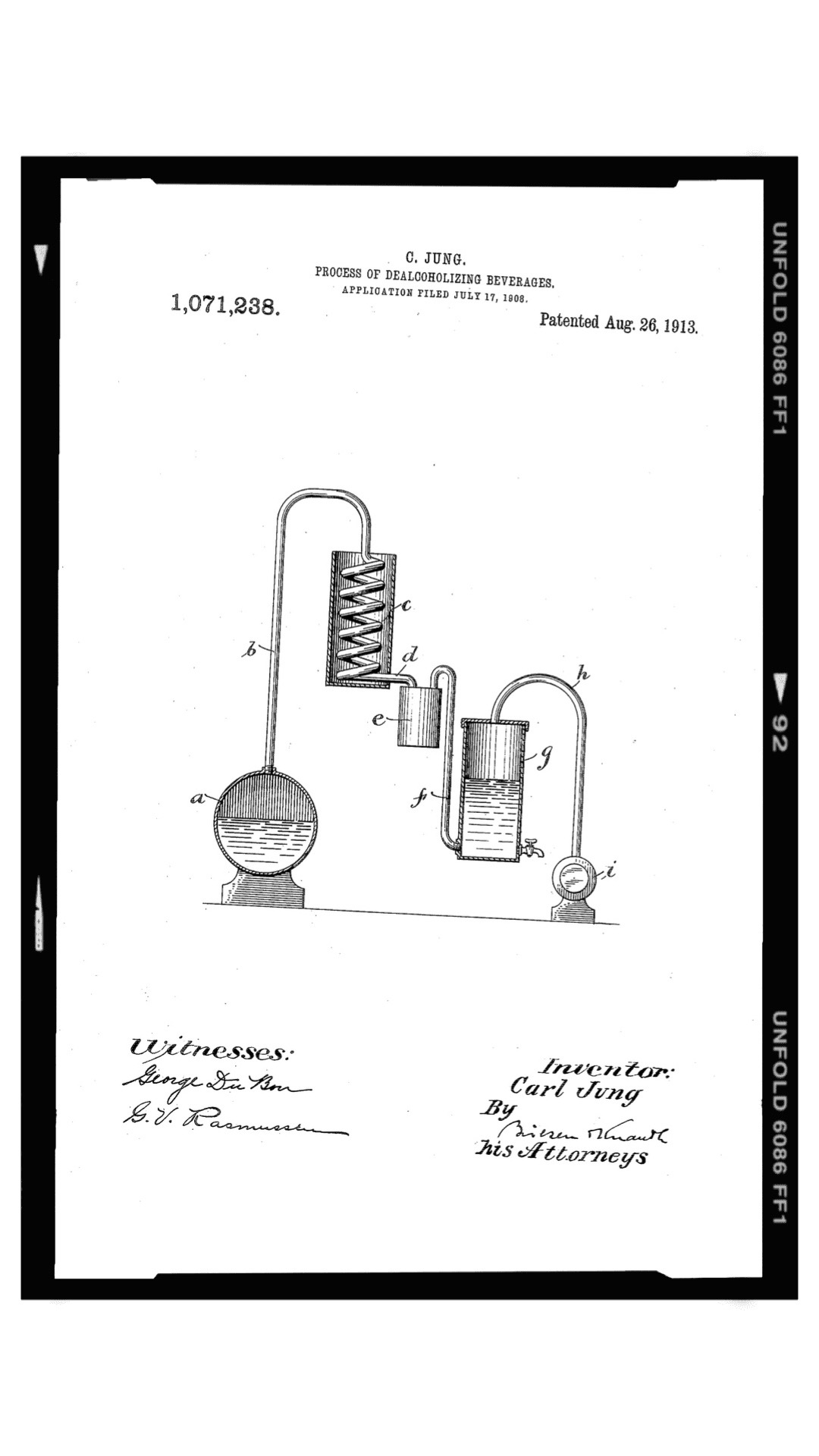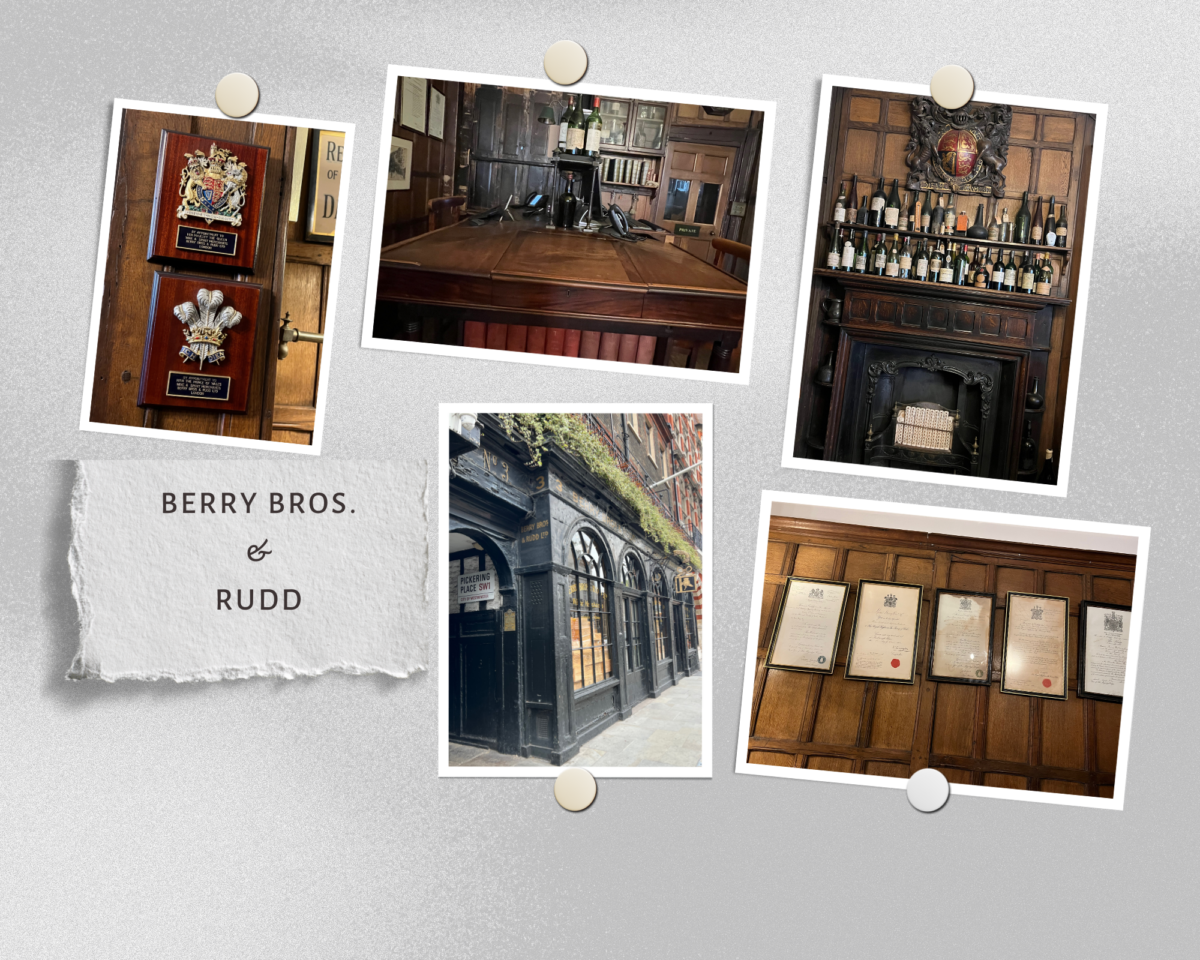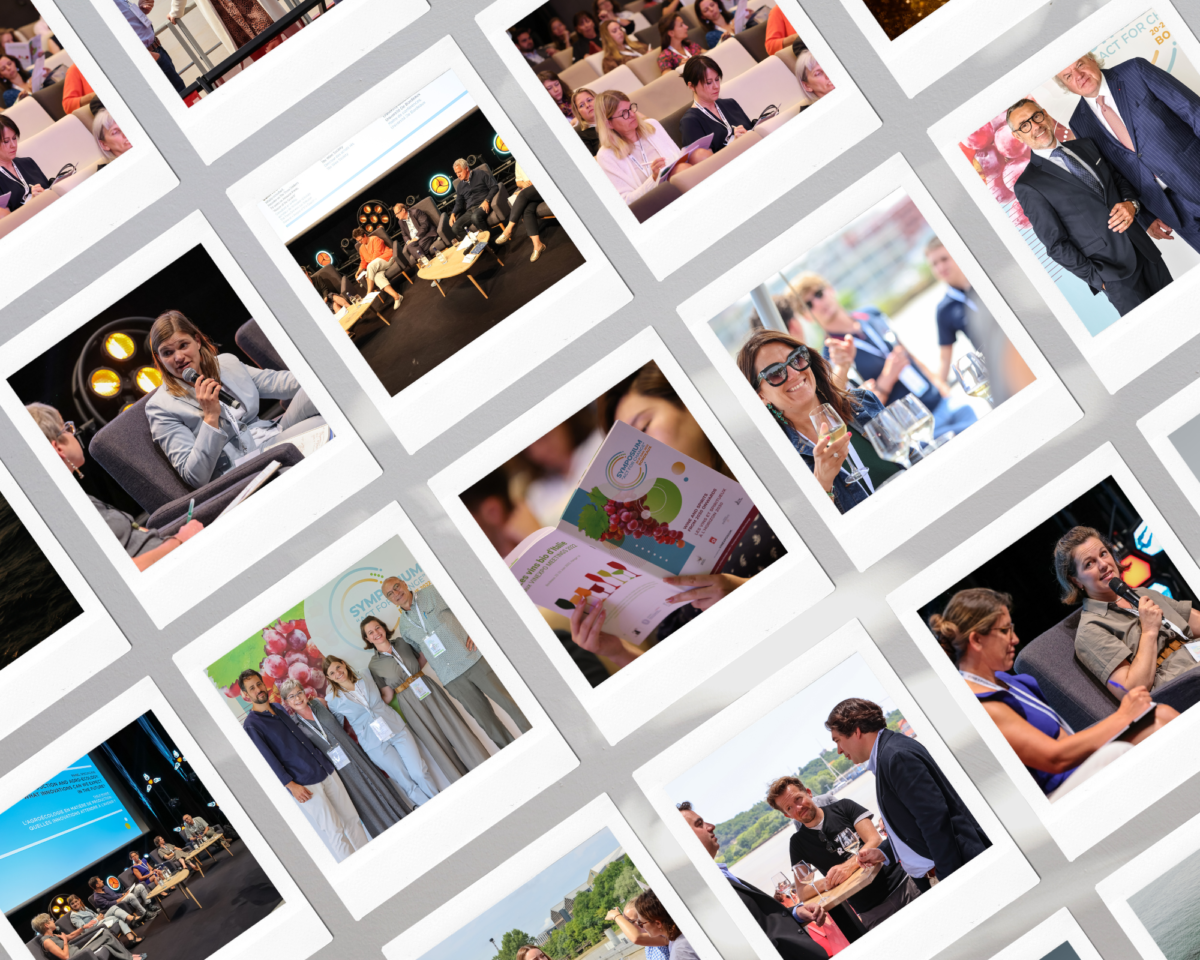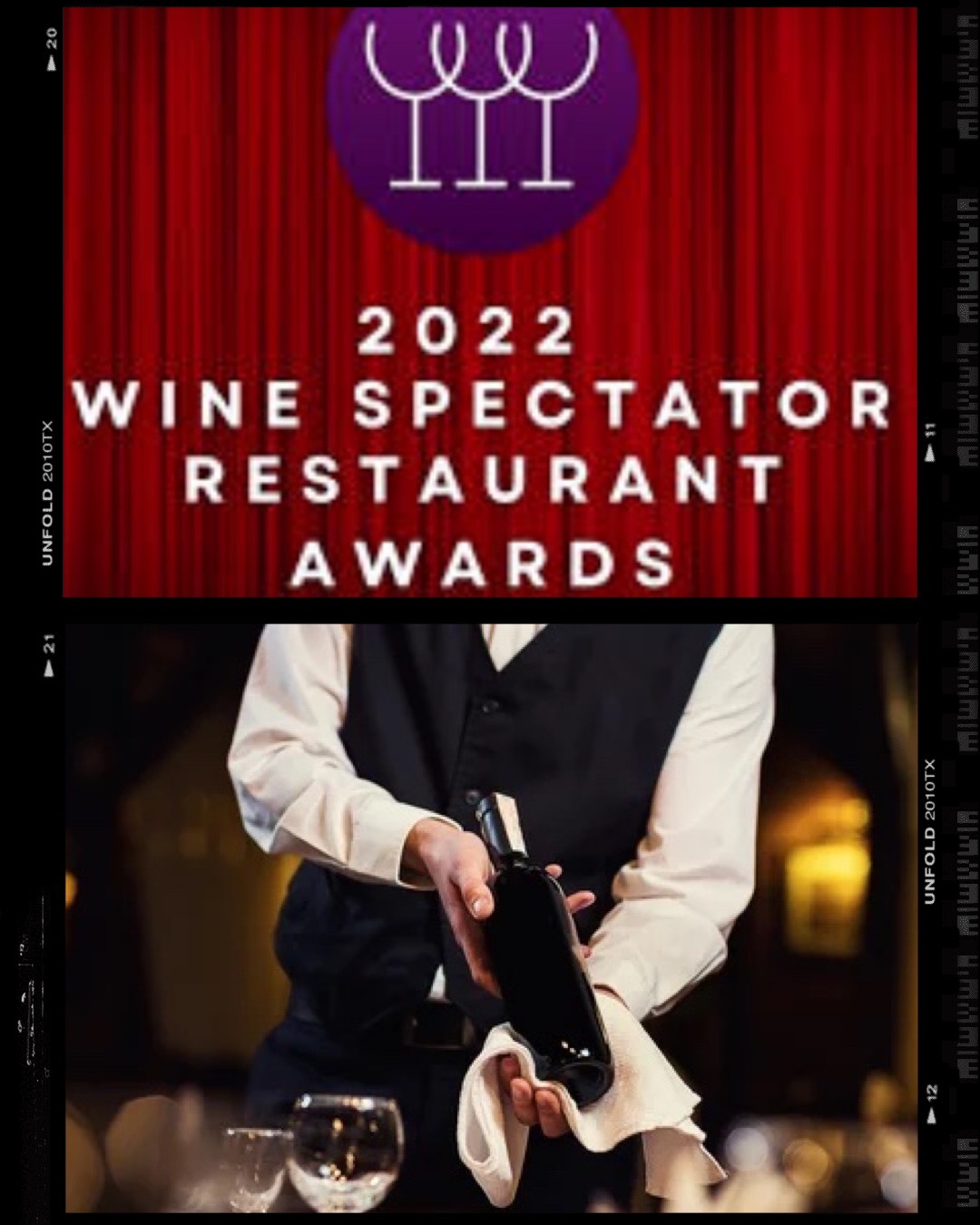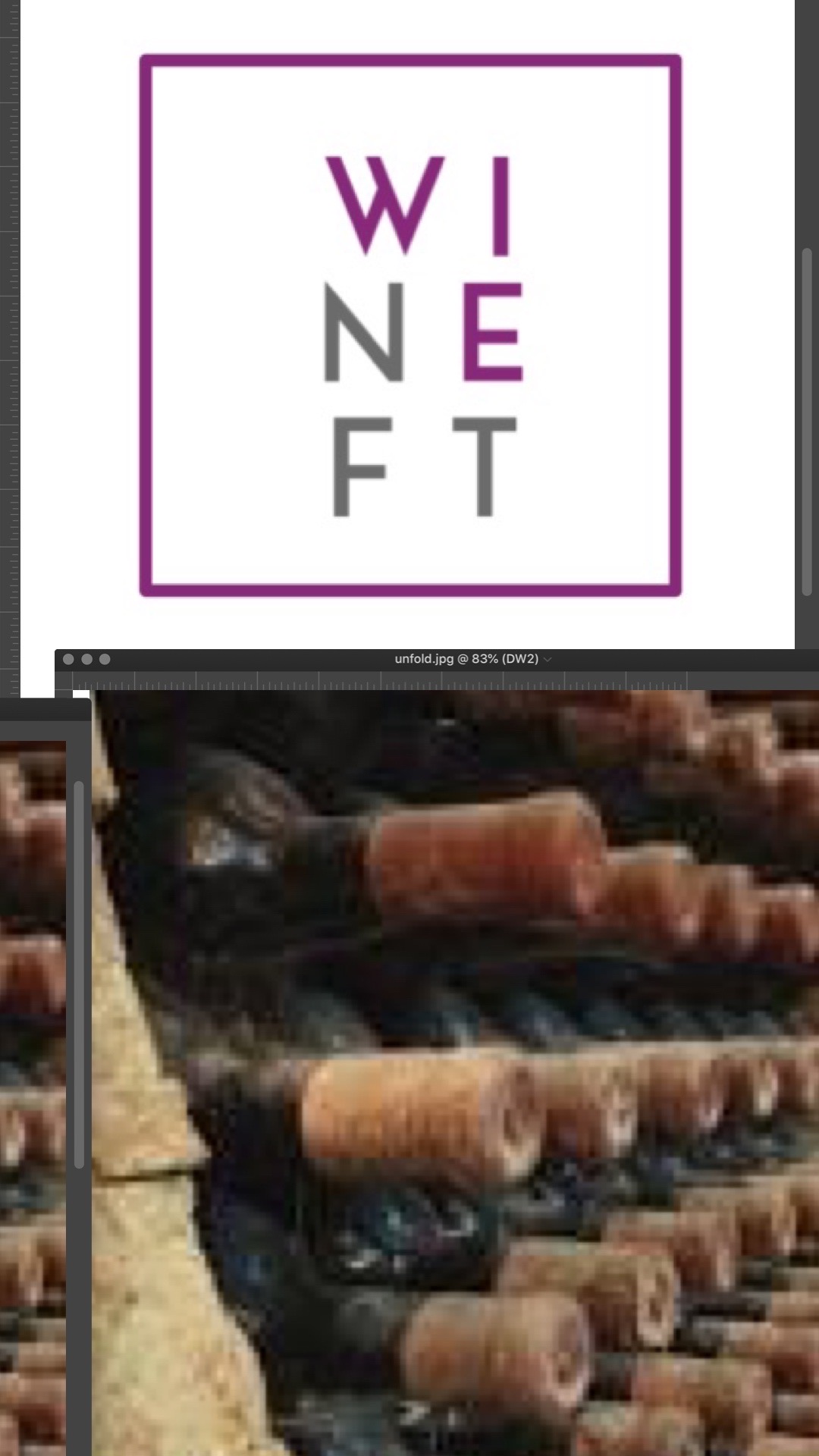Here is an interesting read from Smithsonian Magazine ….drinking habits are changing, and vintners are exceeding tasters’ expectations with new options stripped of their alcohol.
Market Research Firm Fact. MR estimated that global nonalcoholic wine sales reached $1.6 billion in 2021 and will double in the next decade.
https://www.smithsonianmag.com/innovation/the-science-behind-nonalcoholic-wine-180980805/
#wine #winelovers #vitners #nonalcoholic #alcoholfree #drinks #sober #drinkstagram #science #Smithsonianmagazine #nonalcoholicwine #winetrade #winemarketing #winesales #winetrends

